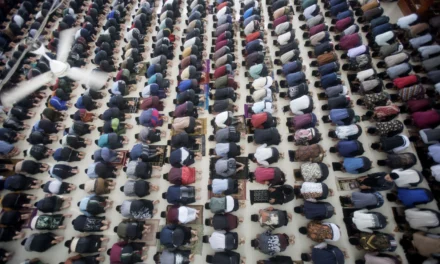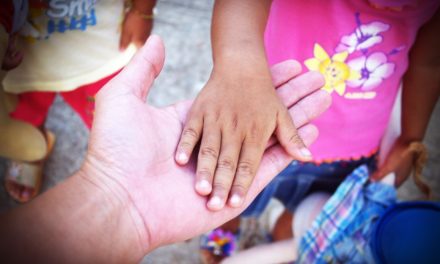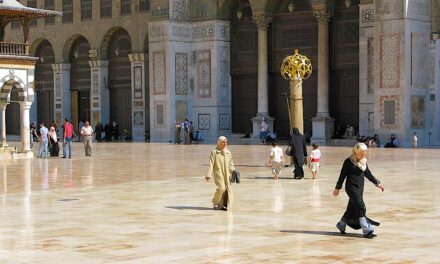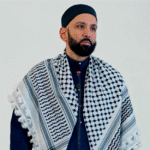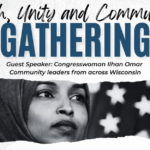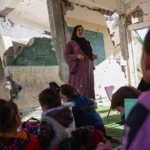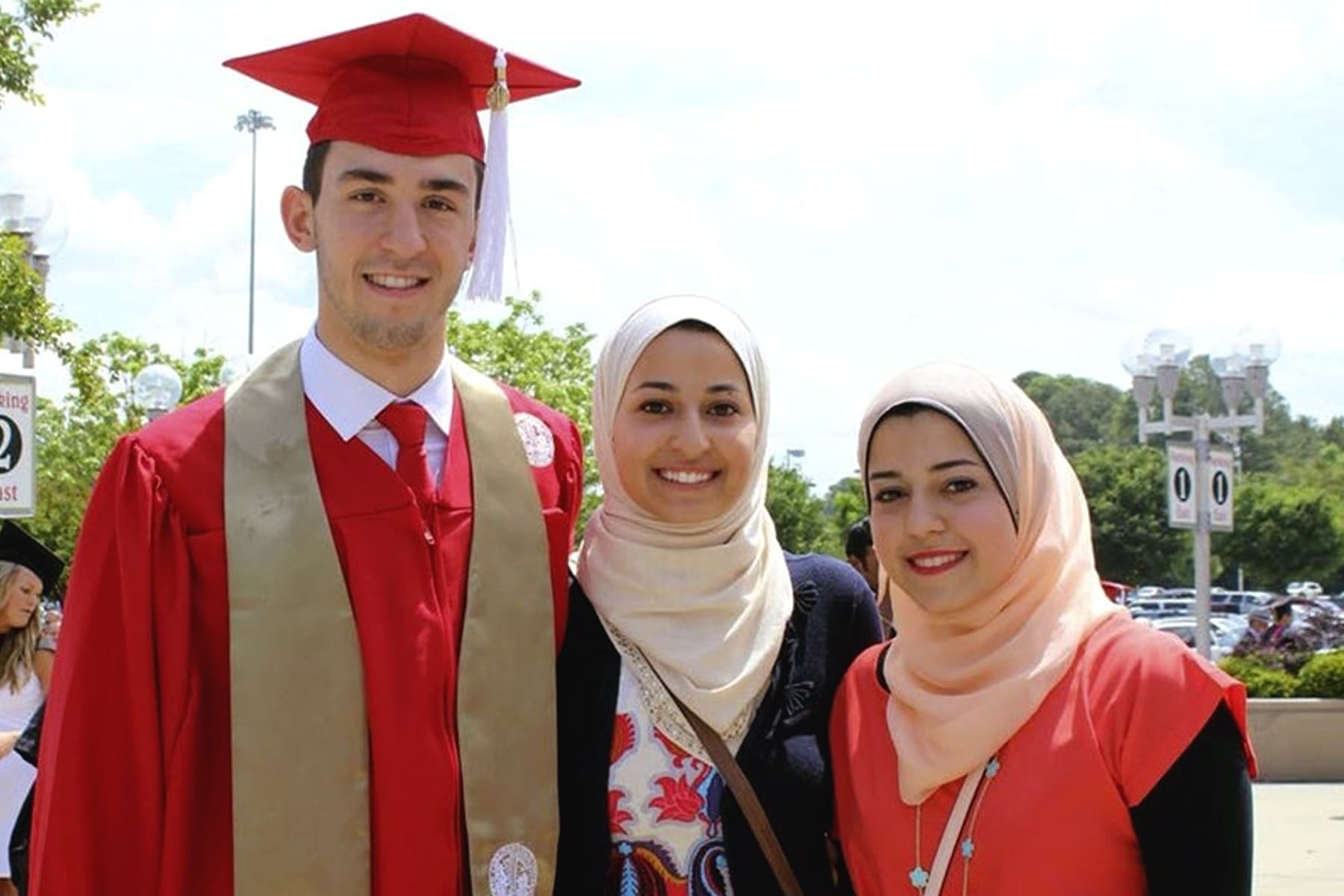
Four years, four months and two days. That’s how long it took to bring the tiniest ounce of resolution to the Chapel Hill community after it fell victim to the horrific, xenophobic slaughtering of three Muslim students: Yusor Mohammad Abu-Salha, Deah Shaddy Barakat, Razan Mohammad Abu-Salha.
Is this what justice feels like? Because it sure as hell doesn’t feel like much. Three life sentences isn’t enough. It just isn’t. Honestly, I don’t have a proper solution for it because there should be no reality in which this should have happened.
How can three life sentences repair the broken hearts of the victims’ families and loved ones? How can this punishment combat the deep rooted fears instilled in the surrounding minority and Muslim communities for being persecuted based on their faith or skin color? Perhaps worst of all, how can it replace the rich lives of these three distinct, incredible, accomplished students, robbed of the chance to succeed and make their own way in this world?
The America I believe in is the one President Barack Obama established a commitment to in his statement days after the shooting: “No one in the United States of America should ever be targeted because of who they are, what they look like or how they worship.” And yet, that idealistic vision of America is chipped away every day when innocent college students are brutalized for speaking out against injustice, marginalized for any minority identity or in this case, gunned down for their faith.
At the very least, the successful conviction was a step in the right direction, finally legally validating the racist and xenophobic aspects of the murders. Expert testimony confirmed it to be a hate crime in no uncertain terms: “These were not random victims of a parking dispute… these victims were seen and interacted with differently because of who they were.” And in turn, Chapel Hill Police Chief Chris Blue finally admitted the shortcomings of their case handling four years ago, striking down their originally peddled narrative that the deaths of Yusor, Deah and Razan were over a simple parking dispute.
Because of their religion and physical appearance, they were executed; and because of those same characteristics, their truth was systematically disbelieved. And yet, the Muslim community responded swiftly and compassionately, channeling grief productively into creating the Our Three Winners foundation to “to honor the short, but rich lives of Deah, Yusor and Razan and to develop systematic and lasting solutions and interventions to mitigate prejudice, bigotry, and hate crimes.”
For those reasons, tonight, in honor of Yusor, Deah and Razan, we ultimately celebrate this proxy for justice as a way to reclaim their narratives into legitimate institutional change. In the words of UNC’s Muslim Student Association, “While our three winners are gone, their legacy continues, and we must harness their spirit and ambition to make life better for all, and to do so with compassion and empathy.”
Thus, we remember them as the bright young individuals they were. Everything we accomplish in the coming years, we do it for them. We carry them every day, in our minds, in our hearts, in our souls. And alongside our own hopes and aspirations, we fight for lasting systematic change that confirms equality and justice for all. In that way we always honor their memories and ensure their legacies continue.
Yusor Mohammad Abu-Salha, Deah Shaddy Barakat, Razan Mohammad Abu-Salha.
Our beloved community members. Our beacons of selflessness and kindness. Our champions of the American Dream.
Our shining lights.
Our three winners.
Watch the very moving testimony of Dr. Suzanne Barakat, the sister of Deah Barakat at the arraignment of the Chapel Hill terrorist who killed her brother, sister-in-law and brother’s sister-in law because he did not like how they looked.
By ABHISHEK SHANKAR as “Honoring the memory of Our Three Winners” for The Daily Tar Heel.
(From left) Deah Barakat, Yusor Mohammad Abu-Salha and Razan Mohammad Abu-Salha lost their lives Feb. 10, 2015. (Courtesy of the Abu-Salha family)
